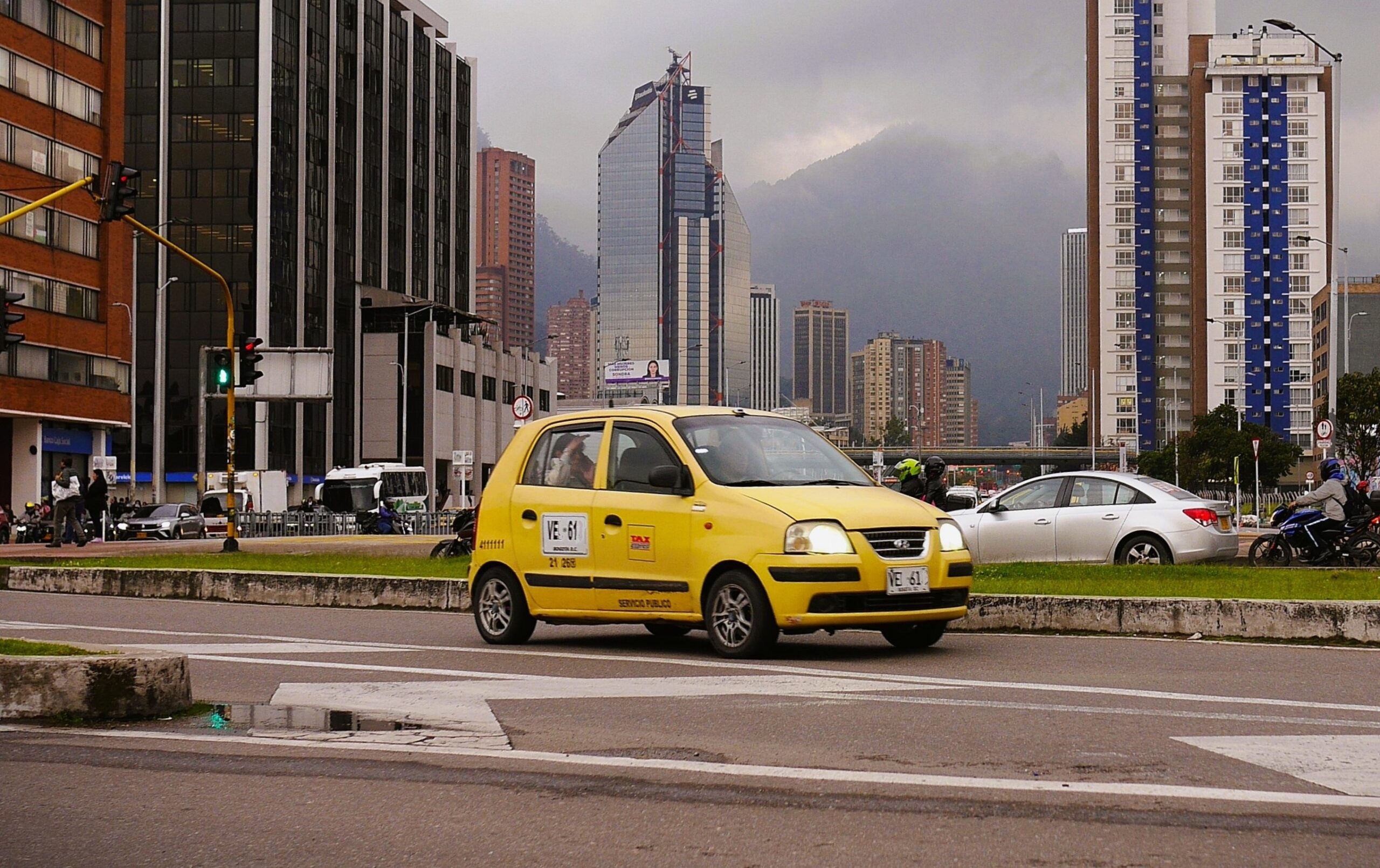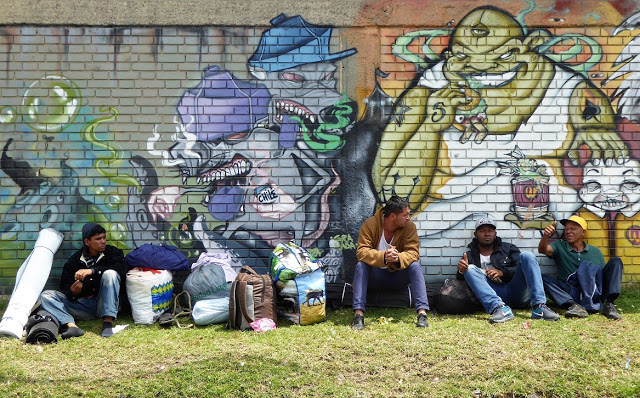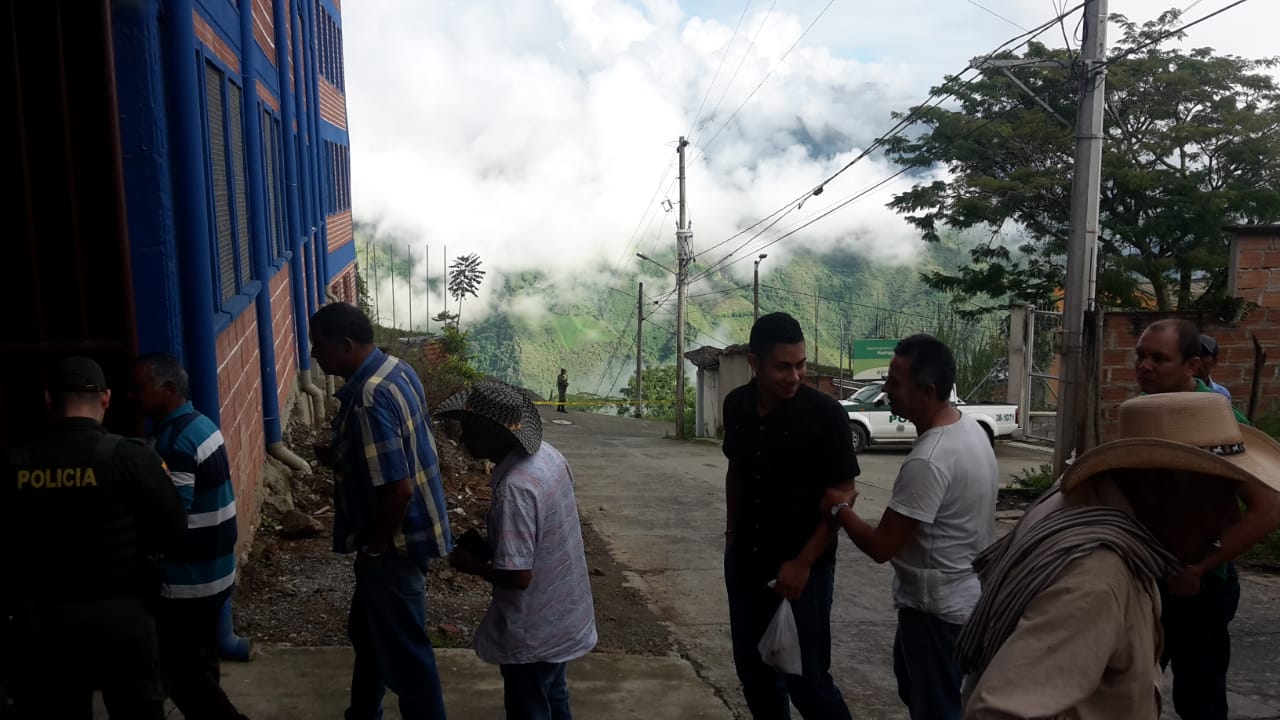Bogotá braced for fresh wave of student protests as resolution ousts popular rector.

The rector of Colombia’s National University, Leopoldo Múnera was forced to resign this week after the country’s top legal tribunal found he had been illegally appointed.
The ousting by the State Council risks a showdown at the country’s largest public university as Múnera was the popular candidate on a campus seen as ground zero for political battles often spilling onto Bogotá streets.
In the last two months, protestors emanating from the large site – which covers 120 hectares and straddles two of Bogotá’s main thoroughfares – have clashed violently with riot police. The university campus – known colloquially as the “Nacho” – is now bracing for more unrest even as the outgoing rector called for calm.
Shady voting
The State Council decision followed a drawn-out legal battle that has now reinstated Ismael Peña, a former vice rector, into the top job. The crisis evolved in early 2024 after the University Supreme Council initially elected Peña in a shady election process that was strongly protested by the student and academic body, leading to strikes and violent protests by masked agitators.
To end the protests, in June 2024 the University Supreme Council rehashed the election with support from the Petro government which had refused to endorse Peña, finding in favour of Múnera, the favorite candidate in an internal polling of professors, students and alumni; Múnera received 34% of the vote out of a field of five while Peña came in with just 8.4%.
Despite this, the State Council ruled this week that the university had “acted incompetently” by overruling Peña’s election, declaring the installation of Múnera “null and void”.

The ruling was not unexpected. The same State Council upheld the initial election of Peña in a decision in September but had waited until this week to pronounce on the fate of the incumbent rector.
Múnera, for his part, always stated he would step down if the final decision went against him. However, he has also hinted at political plots against the university and incidents such as bomb hoaxes seemingly designed to undermine him. “There are forces that want to destabilise the Universidad Nacional, and this is worrying,” he told Colombian news outlet W Radio last month.
Meanwhile, Peña declared himself “the designated rector” and called for a peaceful reintegration. He also asked that the “tensions of recent months” not be repeated.
“I make a sincere and urgent appeal to the entire university community—students, faculty, staff, and alumni—to come together again based on respect, dialogue, and collective action,” he said in the video posted on X.
Back to the barricades?
According to many commentators, these calls for calm might not be enough to head off fresh protests on and around the campus; tension was rising after graffiti appeared across the university declaring “Peña will never be rector” and “Peña is toast.”
Meanwhile, Colombia’s right wing was celebrating the reinstatement of Peña, further upping the ante. Senator Paloma Valencia of the Centro Democrático welcomed the State Council ruling, accusing the Petro government of meddling in last year’s election switches.
“This government cannot take the best university in Colombia to politicize it, to destroy an institution and use it for political purposes,” she told Colombian news outlet W Radio.
Further strikes and blockades will be a huge setback for students who are struggling to end the year while making up three extra months of tuition lost to protests in 2024 and carried forward into the 2025 curriculum.
The university has a purely meritocratic entry system and caters for 57,000 students, many from impoverished and conflict zones of Colombia, who win the chance to study there with high grades and are often supported with subsidies and scholarships. And despite its shabby buildings and graffitied exteriors, the Nacho, which was founded in 1867, is respected academically, often beating prestigious private universities in international rankings.
This reputation is often tarnished by political turmoil, however. According to student group chats seen by The Bogotá Post this week, many students worry that trouble brewing over the rectorship could put at risk their final weeks of term.

Turblulent times
The latest upset follows an already restless academic year: in September, students told The Bogotá Post of their shock at seeing masked persons preparing petrol bombs in public spaces, weapons later used to attack a Transmilenio bus. The same month, an outside agitator lost his hand while mixing explosives while on the campus.
For several nights last month busy nearby streets were turned into conflict zones with tear gas canisters fired by riot police affecting commuters and passersby. Also, in October, the Nacho was occupied by 1,700 protesters from the political movement Congreso de los Pueblos (‘Peoples’ Congress’).
Further legal clarification on Peña reinstatenment was expected next week; meanwhile the University council was proposing an interim rector installed at least until the term ends in December; such a move could offset any protests at least until next year.





